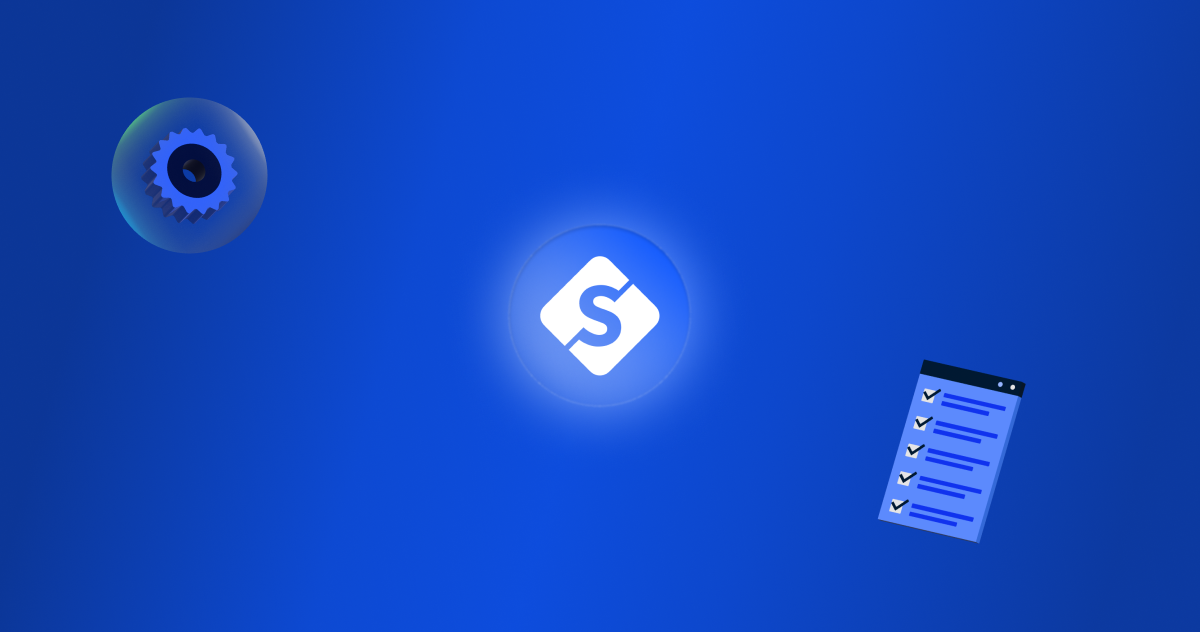The Pros and Cons of Digital Learning in Africa

Introduction
Education on the continent has long been an issue for those that don’t have access to the traditional systems of education. The exclusion is at alarming levels, with one in every five children between the ages of 6 and 11 not going to school in Sub-Saharan Africa. As for children aged between 12 and 14, the numbers are worse, with one in every three children not getting an education. According to data from the UNESCO Institute, roughly 60% of children aged 15 to 17 aren’t educated. With custom software development, innovative solutions can help bridge the gap in education, offering accessible and scalable learning opportunities.
In order to combat these concerning numbers, much has been said about online education, or e-learning, as a possible solution. In this post, we’ll discuss the pros and cons of digital learning on the continent. Starting with the pros.
Access to Education
With the power of an internet connection even within the most rural or remote areas, children in underserved areas can now be reached and receive some form of education. Especially those children that struggle with physical access to schooling because of geographical barriers (e.g. live too far away from the closest school) now get an opportunity to learn and gain knowledge.
Flexibility and Convenience
E-learning provides flexible options in terms of when to study and where. As mentioned in the previous point, anyone with an internet connection can connect and receive an education, regardless of their geographical location. As for convenience, learning materials can be accessed at their convenience. This offers students the chance to control their schedules and be able to balance other obligations. Additionally, some platforms offer an app option for smartphones.
Diverse and Personalized Learning Resources
Online learning platforms offer a wide range of subjects and resources to learn from and in different forms, such as video tutorials, e-books, recorded lectures, or live sessions. Depending on their preferred method of learning, a student can choose what best suits their needs. It also allows them to experience different perspectives. Additionally, these platforms also incorporate adaptive learning into their offerings to personalize the learning for each student. Through analyzing the learning patterns of each student, content can be tailored specifically to their preferences.
Cost-effective
Transport, uniforms, textbooks, and school fees are seen as costly barriers that exclude much of the population from receiving an education. Online learning significantly cuts these costs related to traditional learning, making education more affordable and accessible to a larger number of children.
A lot of these benefits are arguments for online learning to be made more accessible across the continent to get an education to the large percentage of children who are underserved. However, there are obstacles that cannot be overlooked and make the realization of e-learning in Africa that much more difficult. For starters;
Lack of Infrastructure
In order for digital learning to be possible, it needs internet connectivity to work. In Africa, high-speed internet is not adequately available. Not to mention the lack of electricity supply serves as a major hurdle, all but blocking students from accessing learning materials or receiving an education.
Technological Barriers
Earlier we spoke about e-learning being cost-effective compared to traditional learning, but starting out, a device such as a laptop, smartphone, or tablet is required. These are considered a luxury in many regions of the continent. Additionally, without that exposure to such devices, the children won’t have the necessary knowledge to work them. A lack of basic digital literacy skills further widens the educational inequality.
Lack of Interaction/Socialization
Due to the nature of online platforms not requiring students to gather at a single point of reference, this could isolate them during their learning process. Not being able to interact with other students in a classroom setting in face-to-face interactions could prove damaging to their developing social skills.
Content Regulation
Unlike traditional educational systems, there are frameworks and protocols that schools must follow. In line with what the respective departments of education decide, all schools have a curriculum that is verified and recognized. On different online learning platforms, the content might be of varying quality and credibility. Which makes it difficult for students to decipher the reliability of a site and what that means for their chances of furthering their education later on.
Other Factors
The various software education platforms will need software development and maintenance to avoid site crashes, cyberattacks, and other abnormalities. Similarly, e-learning sites that offer their services through apps on smartphones will need app development and maintenance for the same reasons as mentioned for the browser sites.
Conclusion
With various obstacles like a lack of infrastructure and technological barriers preventing Africa from progressing like the rest of the world, education could be the key that bridges that large discrepancy. As for innovative solutions that could solve the uneducated and illiterate issues, digital learning is certainly a viable option where its disadvantages can be overlooked for the benefits it could provide.
Software development and app development offer solutions to overcome these challenges. With platforms built to work offline, local infrastructure issues can be avoided. And customized mobile apps can provide an affordable and accessible means of delivering online education across the continent. Not to mention the many lives it could change for the better. To create impactful educational solutions, partner with Scrums.com for expert custom software development that addresses Africa’s unique challenges and drives progress.
As Seen On Over 400 News Platforms













